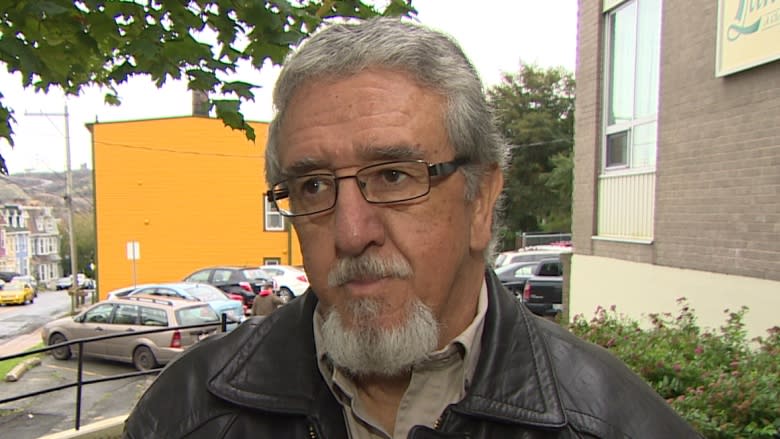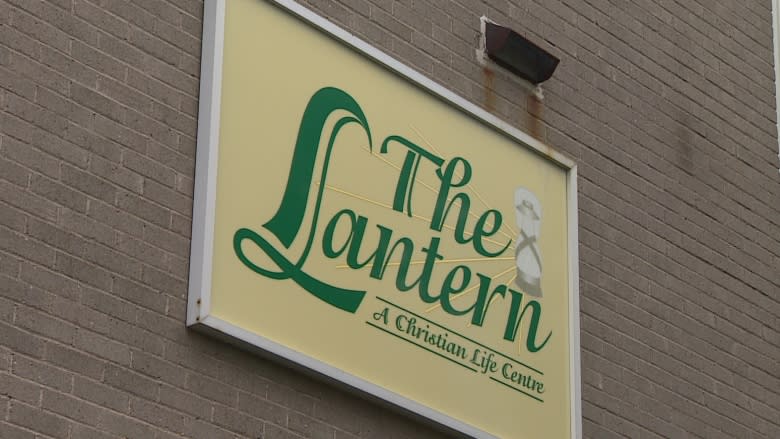Thousands of new Canadians barred from voting with Citizenship Act changes
Many former immigrants and refugees who have been in Canada for years are finding that they aren't able to take part in the federal election this month.
Tamara Segura came to Canada from Cuba in 2010, and under the old federal rules she would be able to vote on Oct. 19.
However, changes to the Citizenship Act mean temporary foreign workers, refugees and international students need to be a permanent resident for four years instead of three before they can vote.
That means Segura is barred from the ballot box until at least 2017.
"Being able to vote is a big deal to me, I come from a country where a vote is mandatory but we just have one party — so I have never really voted in my life," she said.
"For me at this point it is like a big political statement. So here I hoped that Canada would be a different story and I would be able to vote."
Many new Canadians like Segura are immigrants and refugees from countries where they couldn't vote at all, so they're keen to take part in this fall's federal election
Segura feels because she works and lives in Canada and pays taxes, she should have a say in who forms the next government.
"I consider myself a Canadian, I've learned both official languages and I am an active member of this community," she said.
"In Newfoundland in particular there is a community that I love and that I care for. So it would be nice to be taken into account and to be able to vote for people who make decisions about my life."
Changes to the Citizenship Act is an issue that advocates and new Canadians discussed Thursday in a meeting at the Lantern, a faith-based centre in St. John's that promotes cultural diversity.
Jose Rivera, chair of the Refugee and Immigrant Advisory Council, said the changes came as a surprise to many who were eager to participate in Canada's democratic process.
"Before, the rules would allow you to include some years you were here, but now it's only from the day you get your permanent status," he said
"We're talking about over 200,000 people across Canada, people who have been here for the last 10 years in the process and a good number of them are in the small towns."
Rivera said another obstacle is that there are very few places where new Canadians can get information if they have questions about voting in the federal election.
"There are a significant number of us that want to be part of the political movement in the country but we don't understand how that works here," he said.





